
Zinc is an overachiever and the second most important mineral in our bodies. Personally, I have always taken zinc on a regular basis. Zinc is huge for the immune system and is required by all the trillions of cells in your body. Not that you need any more reasons to take it than these two facts but lets take a better look at its direct applications that may identify with a current symptom or need by your body. One of the main problems with getting enough zinc in your diet depends on how many medications you may be on. Listed below are some examples of drugs that reduce zinc in the body. Another common problem is the soil quality today with current farming practices, containing much lower amounts of zinc. Also phytic acid in plants such as bran can tie up zinc and block its absorption.
Medications can Reduce Zinc in the Body
Certain drugs have shown to lower or interfere with the mineral zinc. Zinc has shown to be reduced by ACE inhibitors along with the following examples: tetracycline, aspirin, corticosteroids, oral contraceptives, warfarin, thiazide diuretics, valproic acid, medroxyprogesterone, conjugated estrogens and bile acid sequestrants. To ensure safety, search out any complications or contraindications with all medications, especially those routinely taken.
Caffeine Inhibits Absorption of Zinc
For those who routinely consume large amount of caffeine through coffee or pop, your absorption of zinc is being reduced. In such cases, take zinc an hour and a half – to two hours away from these beverages and always remember zinc being a mineral requires a small amount of protein at the time of ingestion. Minerals require amino acids for distribution throughout the body.
Immune System Requires Zinc
The immune system depends on zinc to stimulate activity of white blood cells along with being a cofactor of more than 300 enzymes. Zinc helps ward against flu and colds but also has shown to interfere with bacteria; inhibiting their proliferation and hastening the recovery time.
Wound Healing
As noted above zinc has an immune boosting effect that expedites the healing process especially for epidermal wounds. Recognize that zinc relishes in this process and may get used up to a greater degree than realized. Take into account the amount of zinc that may be needed following injuries.
Zinc and Copper Connection
For normal health, an adult dosage for women is 25 mg and 30 mg for a male. During times of a chronic or acute illness, more zinc may be needed. Check with your doctor or health practitioner. High doses of zinc can reduce the copper in your body. Do not exceed more than 50 mg a day, if so make sure you are getting a small amount of copper – 2 to 5 mg.
Zinc Helps Hair Loss and Acne
An imbalance of abnormal hair loss onto the severe condition of alopecia, involves the trace mineral zinc. Zinc is earmarked for hair, skin and nails and has an affinity for healing. This extra healing support is seen in how it benefits acne, even when it is male acne which involves the balancing of the hormone testosterone. Whether skin is blemished, itchy or painful, consider the benefit of zinc.
Healthy Vision Needs Zinc
I am a huge proponent of vitamin A for vision and healing. Zinc plays an intricate part in both. Zinc has been evidenced in its role of protecting and supporting all facets of eye health. Over exposure to sunlight and UBV rays leads to eye damaging effects that go unnoticed until the macula shows signs of degeneration.
Natural Complements for Zinc
Natural companions for zinc include the following examples; Vitamin A, D and B vitamins, Carotenoids, Copper, Lutein, Selenium, Alpha Lipoic Acid, Trace minerals, Quercetin, Astragalus, and Omega 3 and 6 fatty acids.
Other Zinc Benefits
Along with many different aspects of the above mentioned duties, zinc lends a helping hand to other vital systems by regulating hormones, improving insulin levels and blood sugar management, cell protection, nutrient metabolism, DNA repair and reducing inflammation, as well as brain functioning – to name but a few.
Case History: Child with behavioral and learning problems benefited from zinc and protein.
Some of the Best Food Sources of Zinc
In general terms, whole unadulterated foods contain higher amounts of zinc.
Oysters
Pumpkin seeds
Goat milk
Cow milk
Nutritional yeasts
Brewers yeast
Protein foods
Whole grains
Wheat germ
Wheat bran
Copyright © 2016 – All Rights Reserved – Michelle Honda Ph.D.
Announcement
Look for my new forthcoming books “Reverse Heart Disease Naturally” (Jan.31, 2017) and “Reverse Inflammation Naturally” (May 31, 2017) and “Reverse Thyroid Diseases Naturally” (Fall 2017)
Reverse Heart Disease Naturally 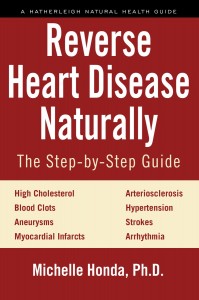
Reverse Gut Diseases Naturally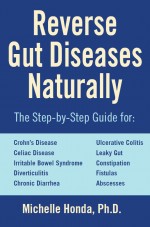
Disclaimer
While close attention was given to the accuracy of information in this article, the author accepts neither responsibility nor liability to any person with respect to injury, damage, loss or any circumstances involving alleged causes directly or indirectly related to the information in this article. The sole purpose is to educate and broaden ones awareness. This information is not meant to replace medical advice or services provided by a health care professional.





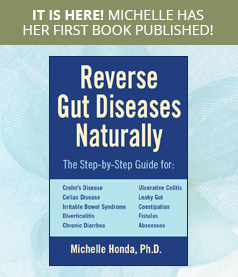

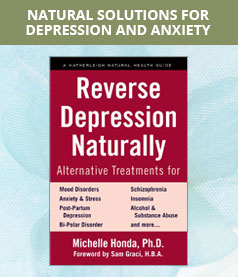
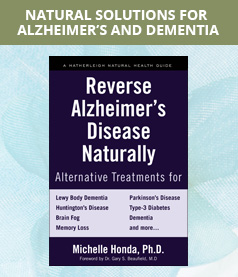
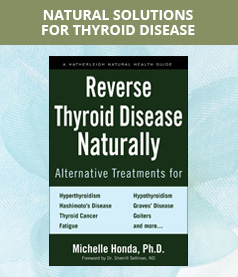

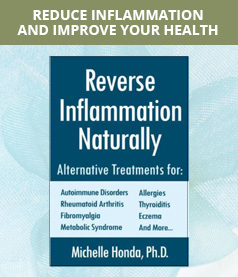
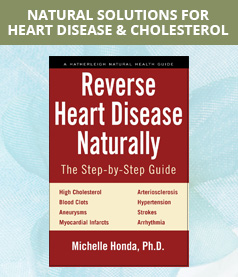
Follow Us!